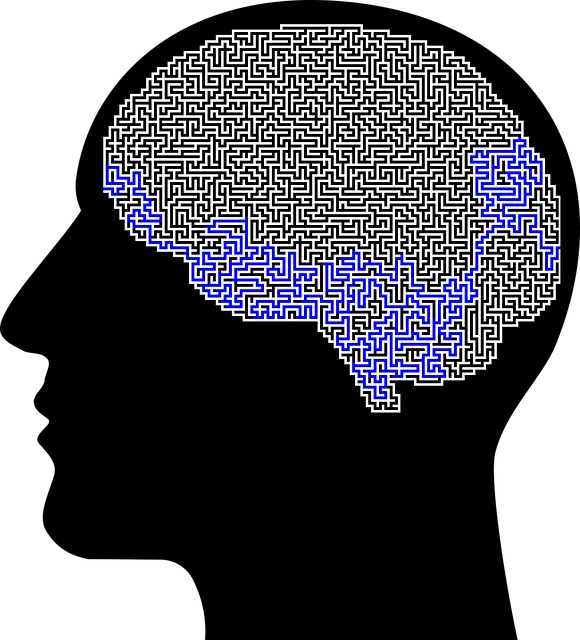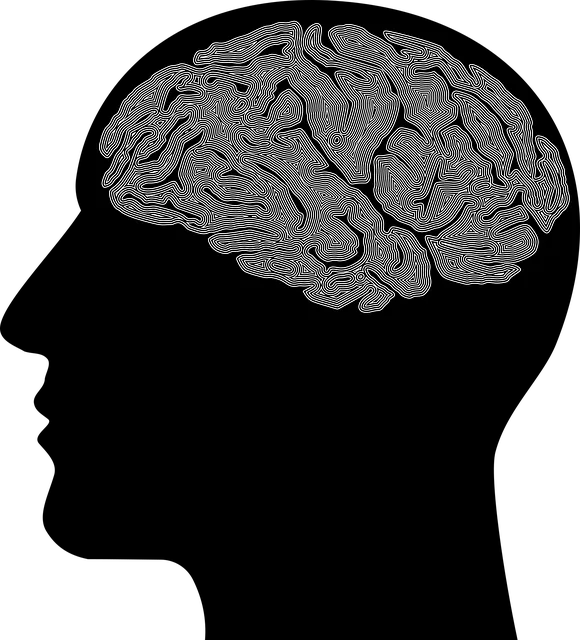Westminster Kaiser Permanente prioritizes cultural competency in healthcare, especially regarding mental health services, to deliver quality patient care. Their Mental Health Initiative equips providers with empathy-building strategies and self-awareness exercises to offer respectful, culturally sensitive care for diverse communities. Through innovative training with interactive workshops, case studies, and multimedia resources, the program enhances knowledge retention among mental health professionals. Evaluation measures participation rates, provider attitudes, patient outcomes, and qualitative feedback to assess the impact of cultural competency training on healthcare delivery within diverse communities at Westminster Kaiser Permanente.
Cultural competency training is transforming healthcare delivery, ensuring providers understand and respect diverse patient backgrounds. This article explores this critical aspect of modern medicine, focusing on strategies to enhance cultural awareness in clinical settings. We present a case study from Westminster Kaiser Permanente’s Mental Health Initiative, showcasing effective training methods. Additionally, we discuss measurement techniques to evaluate the impact of such programs, emphasizing their role in improving patient outcomes and fostering inclusive healthcare environments.
- Understanding Cultural Competency in Healthcare: A Necessary Approach
- Westminster Kaiser Permanente's Mental Health Initiative
- Training Strategies for Effective Cultural Competency
- Measuring and Evaluating the Impact of Cultural Competency Programs
Understanding Cultural Competency in Healthcare: A Necessary Approach

In today’s diverse healthcare landscape, cultural competency is no longer a nice-to-have but an essential aspect of quality patient care.
This involves understanding and respecting the unique cultural backgrounds, beliefs, and values of patients, especially those from underrepresented or marginalized communities, such as folks navigating mental health challenges through lenses shaped by their experiences and heritage. At Westminster Kaiser Permanente, recognizing the interconnectedness of physical and mental wellness, training programs emphasize the importance of culturally competent care in addressing not only medical needs but also fostering effective communication and building trust. By equipping healthcare providers with tools for stress management and conflict resolution techniques, these initiatives aim to create a safe and supportive environment where patients feel heard, understood, and empowered to seek help for their mental health concerns.
Westminster Kaiser Permanente's Mental Health Initiative

Westminster Kaiser Permanente has made significant strides in addressing mental health challenges through its Mental Health Initiative. This forward-thinking program recognizes the importance of cultural competency in healthcare, aiming to create a more inclusive and supportive environment for patients from diverse backgrounds. By implementing Empathy Building Strategies, the initiative fosters better communication between providers and patients, ensuring that unique cultural perspectives are respected and understood.
The Mental Health Initiative incorporates Self-Awareness Exercises designed to help healthcare professionals reflect on their own biases and emotions, thereby enhancing their ability to offer effective emotional healing processes. Through these strategies, Westminster Kaiser Permanente strives to improve patient outcomes by providing care that is not only medically sound but also culturally sensitive and compassionate.
Training Strategies for Effective Cultural Competency

Effective cultural competency training in healthcare requires strategic approaches that cater to diverse learning styles and foster meaningful engagement. At Westminster Kaiser Permanente, mental health professionals benefit from a multi-faceted training design that combines interactive workshops, case studies, and peer discussions. This Mental Health Education Programs Design incorporates visual aids, role-playing scenarios, and multimedia resources to enhance learning retention.
The training also emphasizes the importance of risk assessment for mental health professionals, particularly in identifying cultural biases and potential triggers within various communities. By integrating topics like depression prevention and addressing unique challenges faced by diverse populations, the program ensures that healthcare providers are equipped to deliver culturally sensitive care. This holistic approach not only improves patient outcomes but also fosters a more inclusive and supportive environment for both patients and practitioners.
Measuring and Evaluating the Impact of Cultural Competency Programs

The impact of cultural competency training in healthcare settings, especially within mental health services like Westminster Kaiser Permanente, can be effectively measured through a multifaceted evaluation process. This involves assessing both quantitative and qualitative data to understand the program’s reach and effectiveness. For instance, tracking participation rates among diverse patient groups and evaluating changes in provider attitudes and behaviors post-training are crucial indicators.
Additionally, measuring improvements in patient outcomes, such as satisfaction levels, treatment adherence, and clinical symptoms (including positive thinking, coping skills development, and mood management), can provide compelling evidence of the program’s success. Qualitative feedback from both healthcare providers and patients through surveys or focus groups offers deeper insights into how cultural competency training has influenced interactions and care delivery within the diverse communities served by Westminster Kaiser Permanente.
Cultural competency training within healthcare institutions, as demonstrated by Westminster Kaiser Permanente’s Mental Health Initiative, is a powerful tool for enhancing patient care and outcomes. By equipping providers with the skills to navigate diverse cultural landscapes, we can ensure that every patient receives respectful, equitable treatment. Through strategic training programs and rigorous evaluation, healthcare organizations can foster an environment where cultural sensitivity becomes the norm, ultimately improving access to quality mental health services for all communities.





